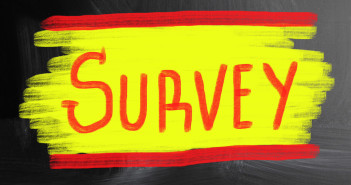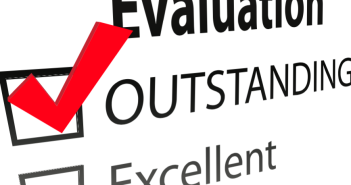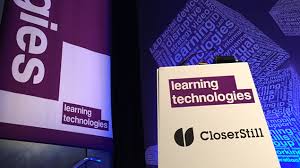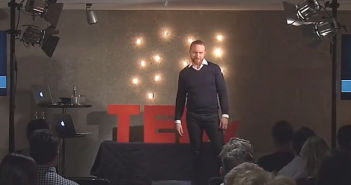
Knowledge Management 2017
Editor’s note: This presentation provides an indepth look at knowledge management in 2017. Some great insights and examples of how organisations are harnessing knowledge in the era of social media. Hat tip: Harold Jarche.

Editor’s note: This presentation provides an indepth look at knowledge management in 2017. Some great insights and examples of how organisations are harnessing knowledge in the era of social media. Hat tip: Harold Jarche.

Editor’s note: A problem with research in the social sciences is that it does not replicate, which is why this research by Carol Dweck is important. This research sets out to test if a growth mindset intervention had a positive impact in school settings. The answer is that it did. What’s important here is why this research methodology matters.

Editor’s note: Thanks to Andrew Jacobs for highlighting this article exploring a recent report into the state of MOOCS. There are some interesting developments in this space due to MOOC providers ‘finding their audience’.

Editor’s note: This critique of learning assessment might chime with the critics of learning outcomes. In higher education, the focus on learning outcomes seems mainly to be feeding the assessment industry and university bureaucracy.

Editor’s note: This piece of research from LinkedIn Learning looks at learning trends impacting on L&D, employees, managers and executives. An interesting read. Note it calls L&D professionals ‘talent developers’. A good title?

Editor’s note: Chatbots are being talked about as a useful channel for learning teams. If you are interested in exploring how you could use them then this article is useful as it shares some examples of how charities are using chatbots to engage with their users. Although not being used as a learning application you can see the potential.

Editor’s note: A really great video from Nick-Shackleton-Jones and Nick Welch that explores user experience and performance support. Makes a powerful point about how L&D can best support employees in their moment of need.

Editor’s note: I like the notion of thinking about intellectual virtues, especially as L&D professionals and many more workers are knowledge workers. Be courageous in your thinking!

Editor’s note: Will Thalheimer presents his new evaluation model. Take note of what, according to evidence, works and what doesn’t – it may (or probably won’t) come as a surprise.

Editor’s note: This is a really useful guide to neurodiversity in the workplace. What adjustments are L&D teams making to ensure learning is open to all?

Editor’s note: Marketing guru Seth Godin shares some great tips on how L&D teams can better market their learning ‘brand’ and learning interventions.

Editor’s note: L&D teams struggle with marketing learning programmes which is why this advice is so useful. The title of an email can be enough to catch colleague’ attention.

Editor’s note: David Kelly has curated resources from the Learning Technologies Conference 2018. Well worth looking through the wide range of articles and research.

Editor’s note: This is years old advice but it still holds true, which is why it is worth sharing. Are you thriving on information?

Editor’s note: In light of the recent Learning Technologies conference, I thought it would be useful to share some tips on how to create great PowerPoint decks.
